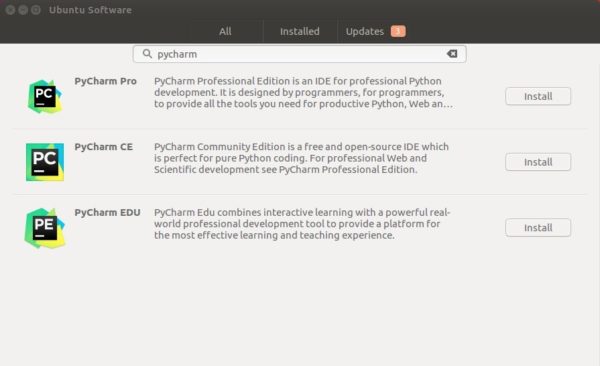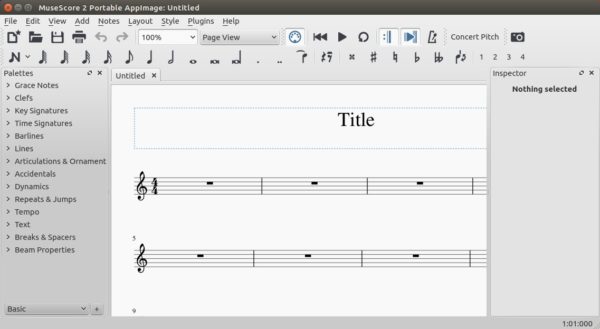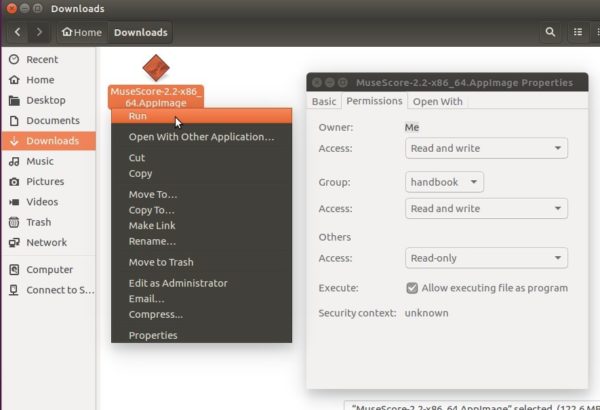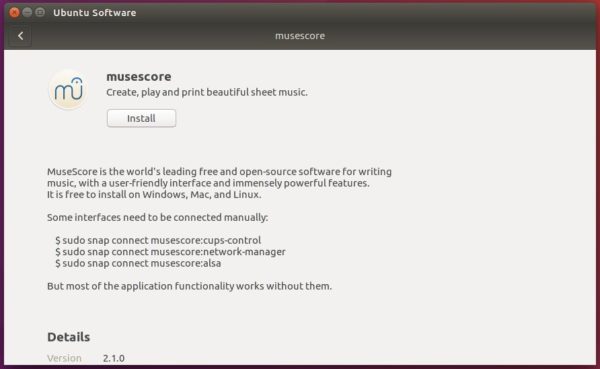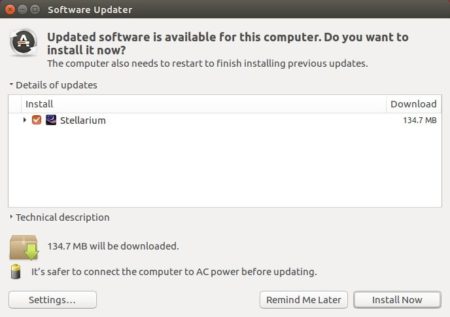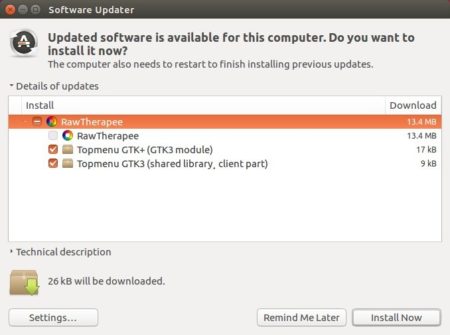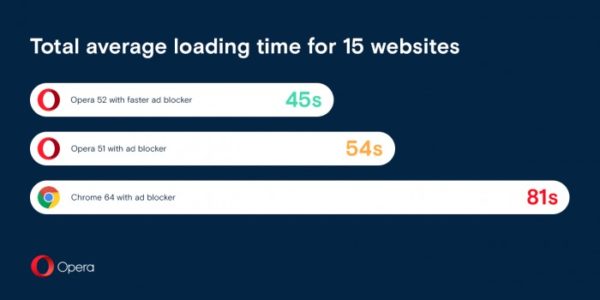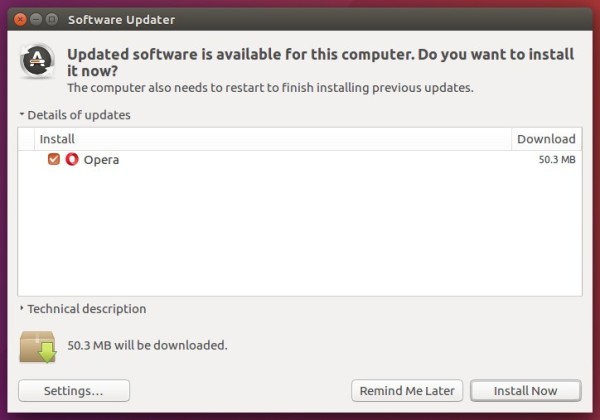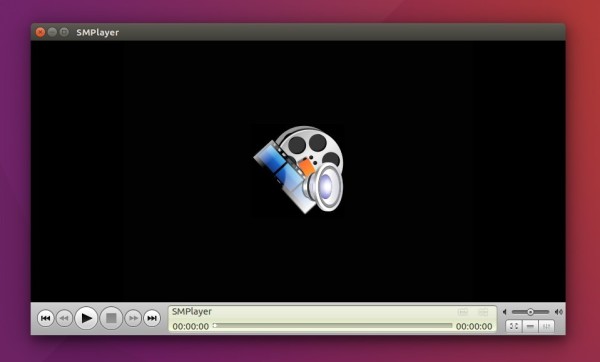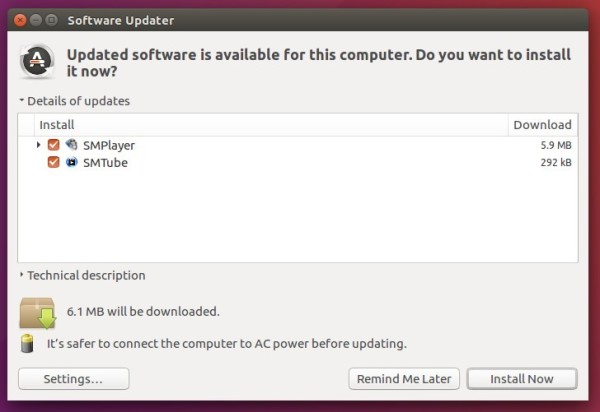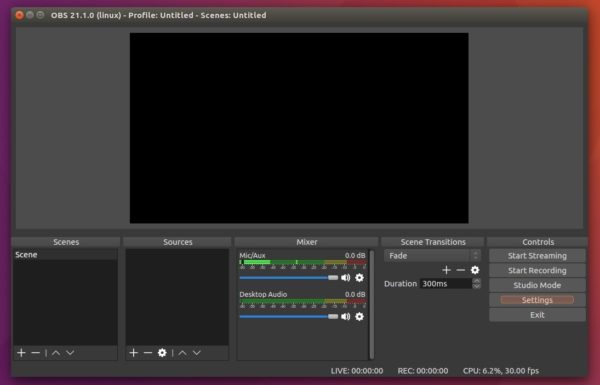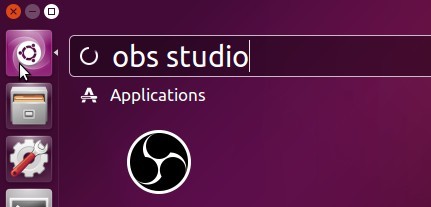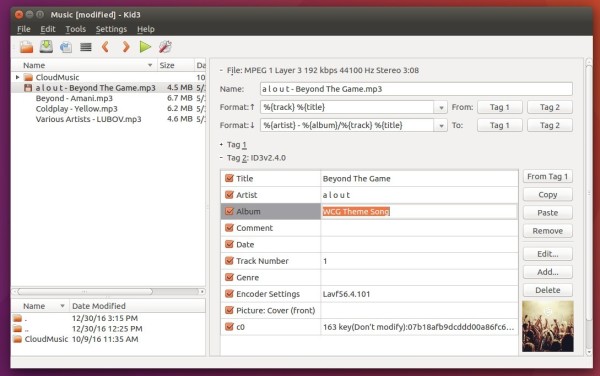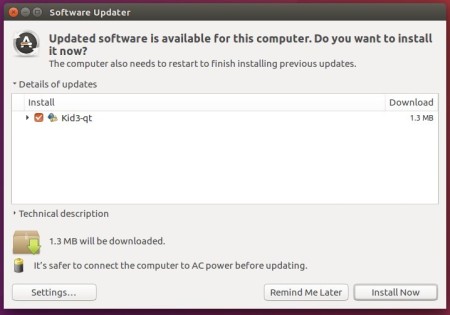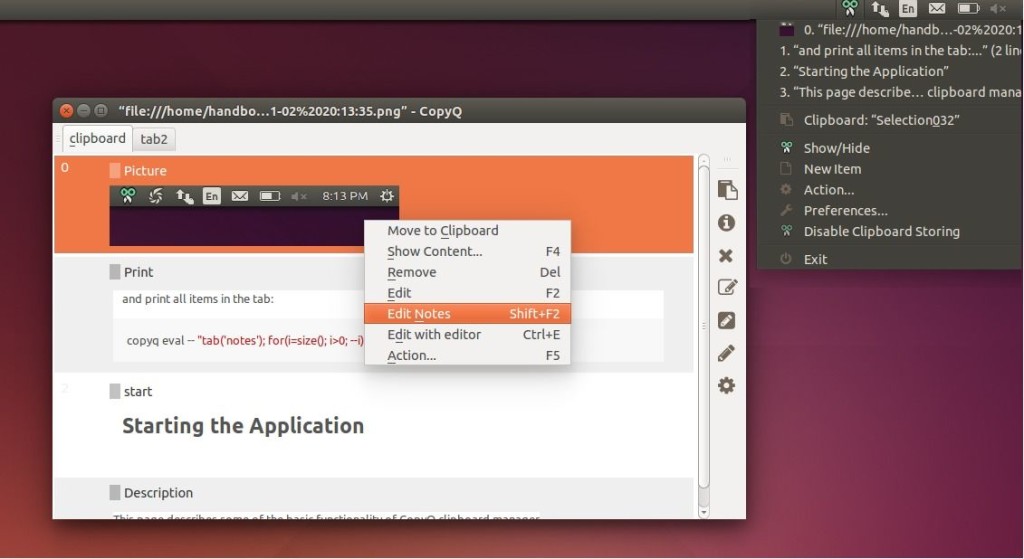![]()
The first major update of Jetbrains’ Java IDE in 2018, IntelliJ IDEA 2018.1, was released a day ago.
IntelliJ IDEA 2018.1 brings with it significant improvements to supported languages, frameworks, version control tools, debugger, compiler, and editor. See the announcement for details.

Install IntelliJ IDEA 2018.1 in Ubuntu:
Jetbrains offers official snap packages for Ubuntu Linux users. You can install it in Ubuntu 16.04, Ubuntu 17.10, Ubuntu 18.04 via following steps.
1. (Ubuntu 16.04 only) For those who never installed a snap package, open terminal (Ctrl+Alt+T) and run command to install snapd daemon:
sudo apt-get install snapd snapd-xdg-open
No visual feedback while typing your password due to security reason.

2. Then you can search for and install PyCharm via Ubuntu Software:
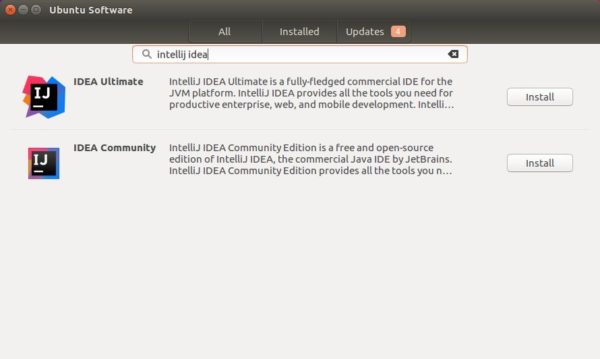
Or run command in terminal instead to install the IDE:
snap install intellij-idea-community --classic
For the ultimate edition, replace intellij-idea-community with intellij-idea-ultimate in the code.







